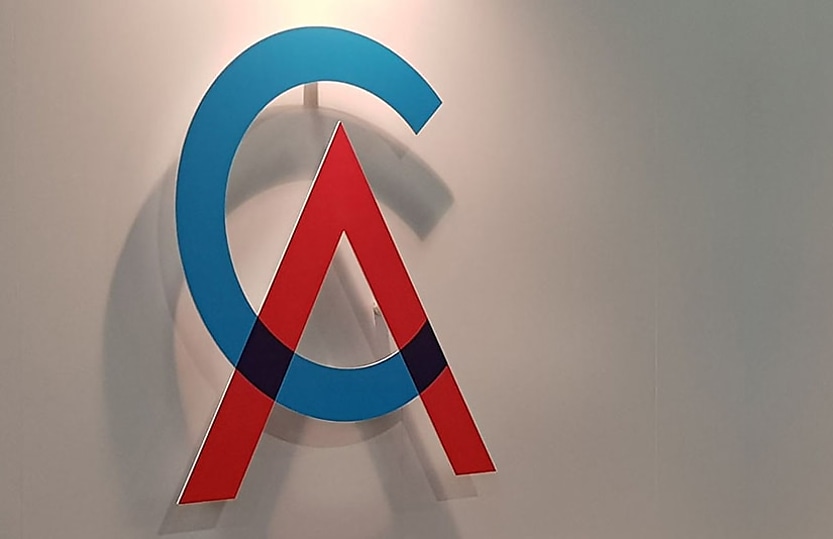Small business set for ‘unforeseen pain’ with tax collection changes, CA ANZ warns

Changes to tax collection methods announced by the federal government may further strain small businesses, the accounting body cautions.
Chartered Accountants ANZ (CA ANZ) is urging accountants to proactively address cash flow and financing with their small business clients following recent changes as part of the government’s 2023–24 Mid-Year Economic and Fiscal Outlook (MYEFO).
The government announced in the MYEFO that it will deny deductions for ATO interest charges, specifically the general interest charge and shortfall interest charge. This will apply in income years starting on or after 1 July 2025.
The measure is estimated to increase tax receipts by $525 million over the four years to 2026–27.
CA ANZ senior tax advocate Susan Franks said by denying deductibility of the general interest charge, the government is effectively increasing the cost of accessing finance with the ATO for small businesses, making external finance more attractive.
Ms Franks said that small businesses sometimes have difficulty accessing finance from traditional financial service providers.
“With the general interest charge approximating the small business interest rate charged by banks, small businesses have found it easier to apply for finance in the form of a payment plan with the ATO than a loan from a bank. This is evidenced by small business owing most of the outstanding collectible debt.”
However, the changes announced in the MYEFO mean the “days of the ATO being the banker for small business are numbered”, said Ms Franks.
CA ANZ said that small businesses could therefore be in for some “unforeseen pain”.
The ATO has also announced it will be tightening the ability of taxpayers to access payment plans.
“Taxpayers will now need to prove they have capacity to pay the tax debt and an emphasis will be on paying the tax debt as early as possible,” said Ms Franks.
CA ANZ said it was not surprising that more attention was being focused on the collection of tax debt, with tax debt currently above $95 million.
ATO Commissioner Chris Jordan said in September that too many businesses were treating tax liabilities like a free loan.
Speaking at the Tax Institute Summit in Melbourne, Mr Jordan said that ATO was “unapologetic” about the ATO’s tougher stance on collectable debt.
“There are a growing number of profitable businesses who have the capacity to pay their bills but are choosing not to. Businesses appear to be deprioritising payment of tax and super.”
“This needs to stop,” said Mr Jordan.
The ATO said in its annual report that addressing collectable debt and improving small business tax performance would be major focus areas for the ATO for the remainder of the financial year.
The Tax Office noted in its report that small business collectable debt had reached $50.2 billion at 30 June 2023, an 89 per cent increase from 30 June 2019.
“It’s our responsibility to ensure a level playing field as we support businesses who are doing the right thing and paying on time,” Mr Jordan stated in the report.
About the author

